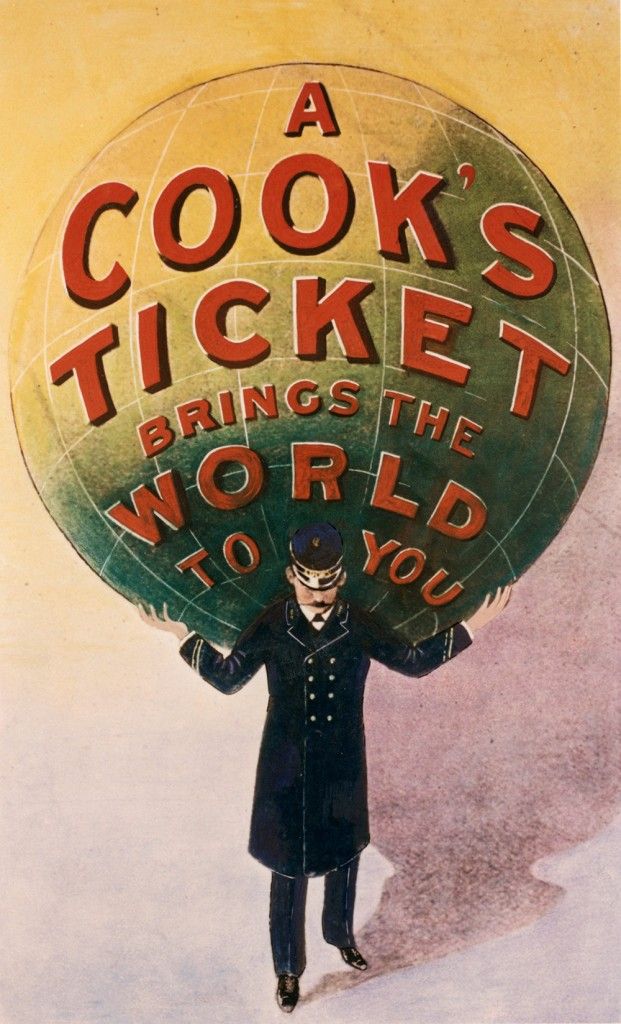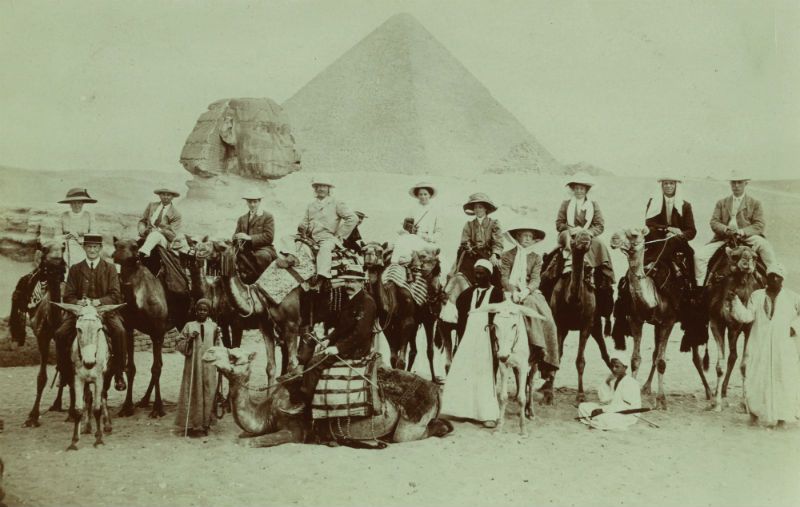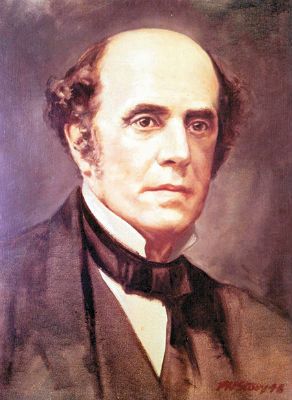By Lily Donnelly, Travel Editor
The Croft Magazine//We are all familiar with Mr Thomas Cook, or at least what his company used to be. As another British business faces financial collapse, Travel Editor Lily Donnelly takes a look at what the world of travel is leaving behind.
From national to international, Thomas Cook grew into the most prominent British company of its kind, boasting branded airbuses, package holidays across the globe and a narrow escape from financial collapse during the crisis of 2011.
Thomas Cook himself, the father of the tourism giant, humbly began the business with a day-long train-trip from Leicester to Loughborough. Ten years later, he organised an excursion to the Great Exhibition in London - the first in the series of World Fairs, taking place in Hyde Park - for 150,000 people, soon venturing to destinations overseas following his roaring success.

On September 23rd, 178 years of trading culminated in 150,00 stranded Britons awaiting rescue planes, more holidaymakers forced to forget their plans, and another 20,000 left without a job. Here’s how to understand what is the biggest repatriation in peacetime history.
Unbeknownst to most of the public, the European Union provides guaranteed ‘money back and repatriation in case of bankruptcy’ according to the package travel directive. Mass media is largely eluding this scheme from discourse, so as to not further undermine our Prime Minister.
Amidst the supreme court ruling his prorogation of parliament unlawful, Boris Johnson is falling rapidly into the cesspit of the Brexit crisis, and cannot afford (or is frankly refusing) to propel pro-remain propaganda into the public sphere.
"An adventure is what they indeed received, whereby according to accounts published in the press, families were and are too scared to leave their hotel rooms without the funds to pay their way back into it"
Johnson also refused the Thomas Cook Group the £150m bail-out they requested, justifying the decision as a preventative measure against the ‘moral hazard’ of other businesses going into administration expecting the same portion of tax payer’s money. Regardless, it is this money being used for sending government officials and rescue planes to retrieve lost travellers from across the globe.
The ongoing collapse and decline of long-standing household names such as Peacocks, House of Fraser, BHS, HMV, Homebase and Thomas Cook itself only emboldens the dark colours of the dystopia casting a shadow over Britain today. And for this, civilians are paying the cost.

The debacle hardly ends here. From Tunisia to Tenerife, hotels are demanding that their guests cough up the outstanding balance of their package holidays, largely without the means to do so. Hardly surprising, as customers embarked upon their trips in the knowledge that they had already paid off their upcoming adventures.
An adventure is what they indeed received, whereby according to accounts published in the press, families were and are too scared to leave their hotel rooms without the funds to pay their way back into it. In Cuba, with both customers and crew held as hostages by security guards until the hotels were instructed by the British Ambassador to let them walk free.
Whilst holidaymakers and hotels are losing out, Peter Fankhausser (the last Chief Executive of Thomas Cook) has pocketed £8.3m since assuming the position in 2014, a quarter of which came from bonuses that he can use for his own luxurious holidays. It is always the biggest hands that are easily washed of the blame, and the smallest left to catch the consequences.

A witness of the tourist revolution and the first to fly the pleasure-plane in 1919, the closure of Cook marks the opening of a new chapter of travel. But the popularisation of Air BnB, slow travel and taking charge of one's own plans has diverted travel trends, and diminished the trust put in the big man.
From now on, perhaps we are better off being our own travel moguls. Luckily, Epigram Travel is here to help you with that all year long…
Featured image credit:Unsplash/Anton Darius
Find The Croft Magazine inside every copy of Epigram Newspaper









